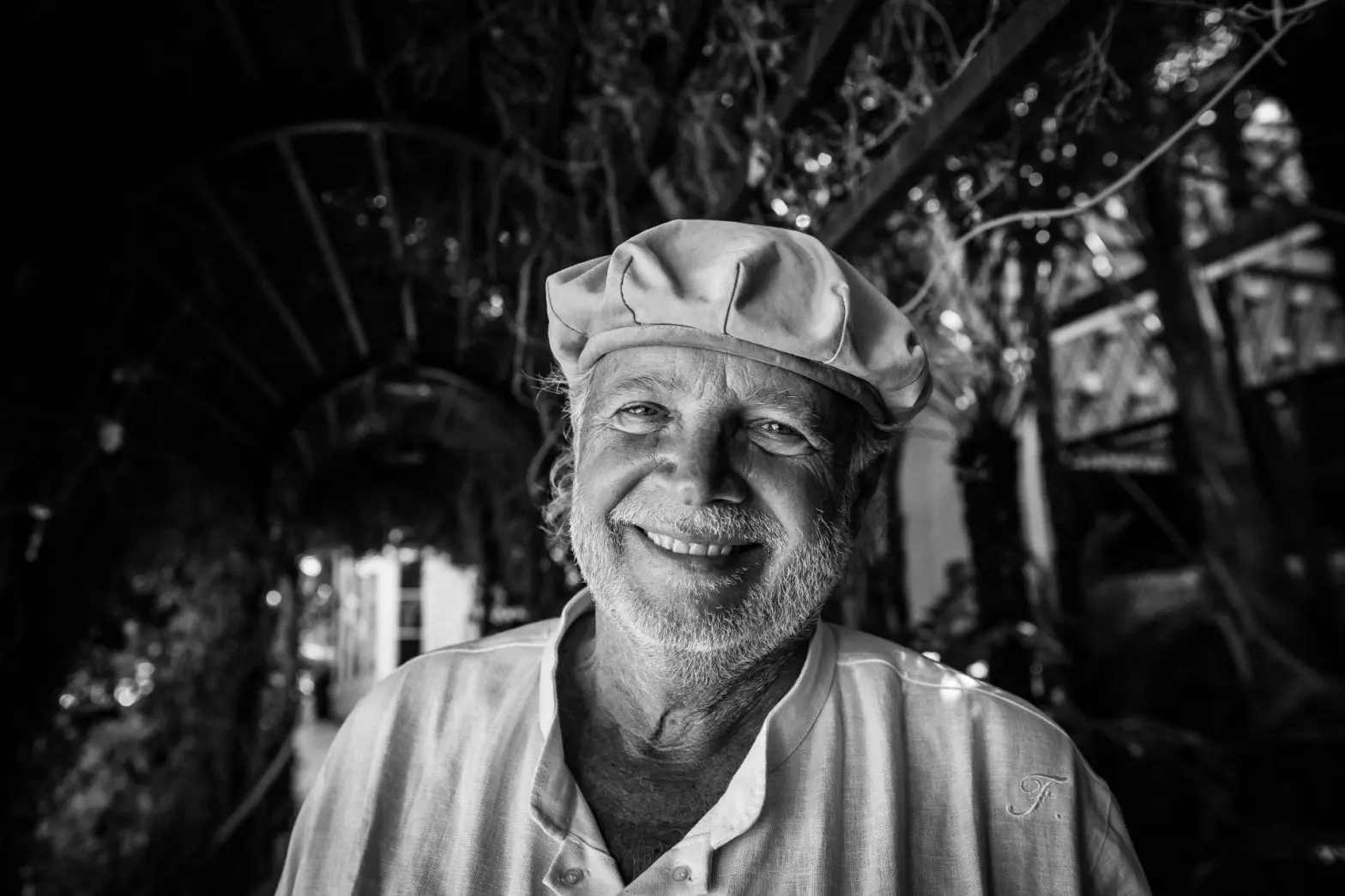
What sort of person were you when you decided to leave Argentina and move to Paris in the 1970s?
I was a young but free man. When I was 10, I realised I was an individual. From there, my life started changing. At 13, I disliked school, left home, returned, and embarked on a life that was difficult in some ways and very free in others. My first trip was to California when I was 16. I stayed there for about a year. Later I went to Paris, and at that time I already had a restaurant in Patagonia that I had opened with a friend. I was knocked out by the beauty, history, and culture of the city, and decided that I had to live there and learn.
How did it change you as a chef?
In the mid to late 70s, French cooking had a strong reputation around the world. It was a very important statement to go there and study. All us youngsters in Buenos Aires were looking toward Europe as a source of inspiration, as a place we were supposed to go to, and in my small Patagonia restaurants I kept the classic French cookbooks. When you’re very young and you love a craft in the way I did with cooking, all the teachers and people you work for become the masters of your life. That’s what happened to me in Paris. I sought to learn. It was the time of nouvelle cuisine, but I also worked in the traditional restaurants. I had this battle inside my heart between the two because they didn’t go together. The young chefs were doing nouvelle cuisine and the older ones were defending the classics.
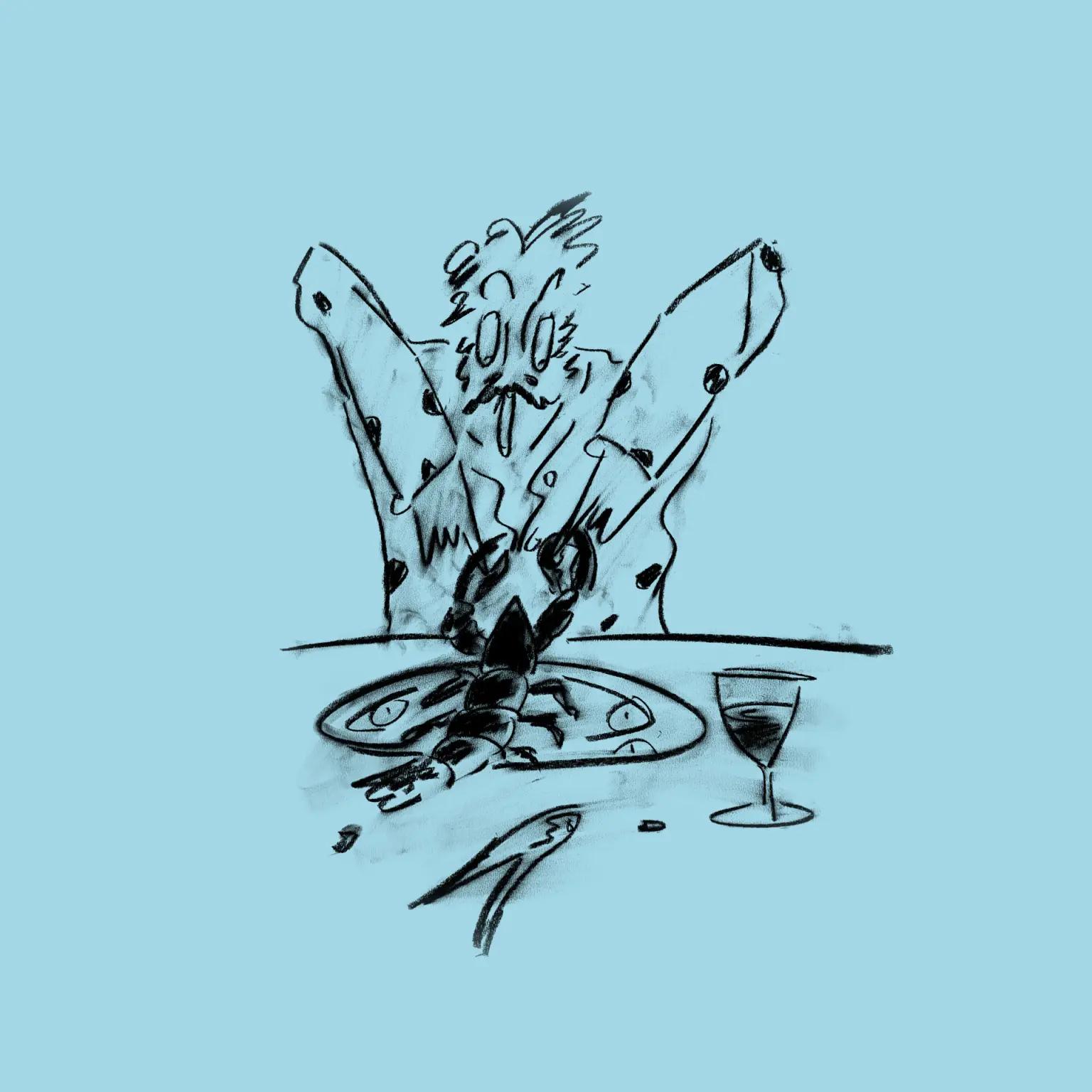
Where did you sit?
I was never attracted to one style over the other. I loved parts of both and they became ingrained into my own principles. Then I returned to become a chef in Argentina and Uruguay, doing French cuisine for many years. When I was 40, I received this prize in Paris which had been given to the chefs I had worked under when I was 20. It was a happy moment, but I was also sad and I didn’t know why. I went to Barcelona for a few days and I realised I was performing ‘covers’—like in music. I was emulating other people. It was taking me nowhere. I needed to find my own language. So I picked up the tools of my childhood, revisited the fires of Patagonia, and I began researching the cuisine of the natives in Argentina. I learned many of their techniques, and it was all slowly conveyed into this language that is spoken through fire. It’s something I embrace with so much confidence and pride because it’s the root of South American cooking.
Why is cooking with fire so special to you?
Fire is innate to us. It remains in our collective memories from before we were born—a common embrace between all humans. In Greece, Vietnam, or Argentina, cooking over fire is everywhere. Recently, I went to a museum in Arkansas that had thousands of paintings of Indigenous people, and there were fires illustrated in each one. It is a beautiful language. People think of fire as brutal and masculine but it’s very feminine. It can be fragile. There are gestures you can perform with small fires that cannot be done over a huge flame.
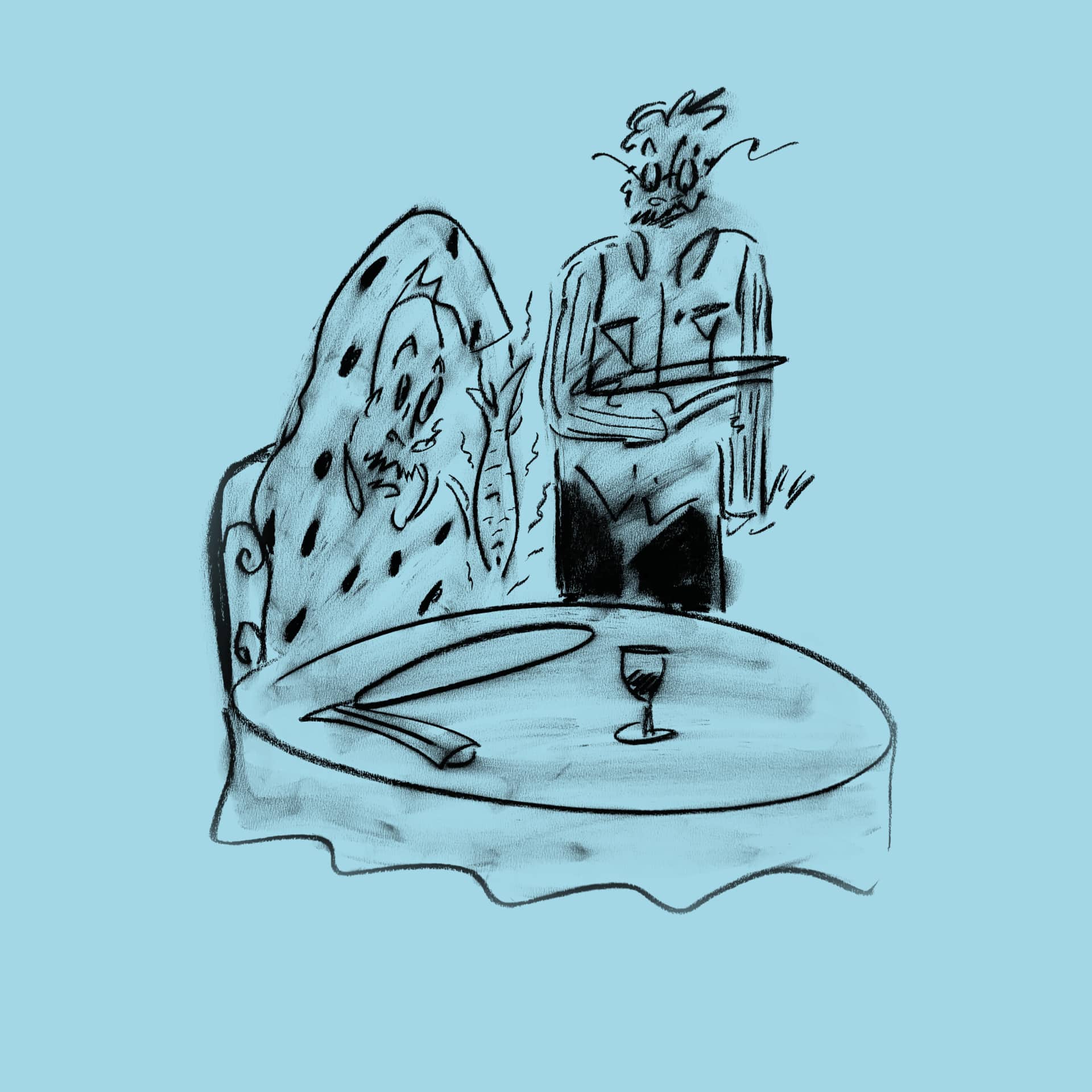
Is there anything you want to learn at this stage of your life?
I’m at the point in my life where it feels like undressing and being naked. As I get older, I feel that the beauty of life, not only in cooking, is that you need more natural simplicity. That’s difficult to achieve. Sometimes when I’m in Patagonia, I like to throw a blazer on, put an onion in my pocket, some parsley, and a couple of potatoes, go for a walk and find somewhere to cook them. I think, “What can I do with my onion, potatoes, and parsley, and nothing else?” Not even a knife. Just my hands. I love that.
What is the source of this creativity?
To be creative is to do something that makes you happy and then, in the pocket of your day, you stumble on a little place of solitude. It comes from that place.
What are you looking for in those moments of solitude?
I love being on my own. I spend a lot of time in Patagonia on my island. Those days of solitude are related to a large table where I have many things happening all at once. I will go for a long walk and then return to my table and it always looks the same. It’s a mess but I know where everything is. There’s an area where I read, where I draw or paint, and an area where I sew. Then I put on the most incredible classical music or read poetry. I feel like I’m in heaven. I wake up, look at this table and I say, “God, I’m so lucky to be here.” I am so lucky to have this time to do all these things that I love. If you’re not comfortable with yourself, it’s hard to have good relationships with anyone. So I believe contentment while being alone is one of the most important things we must learn.
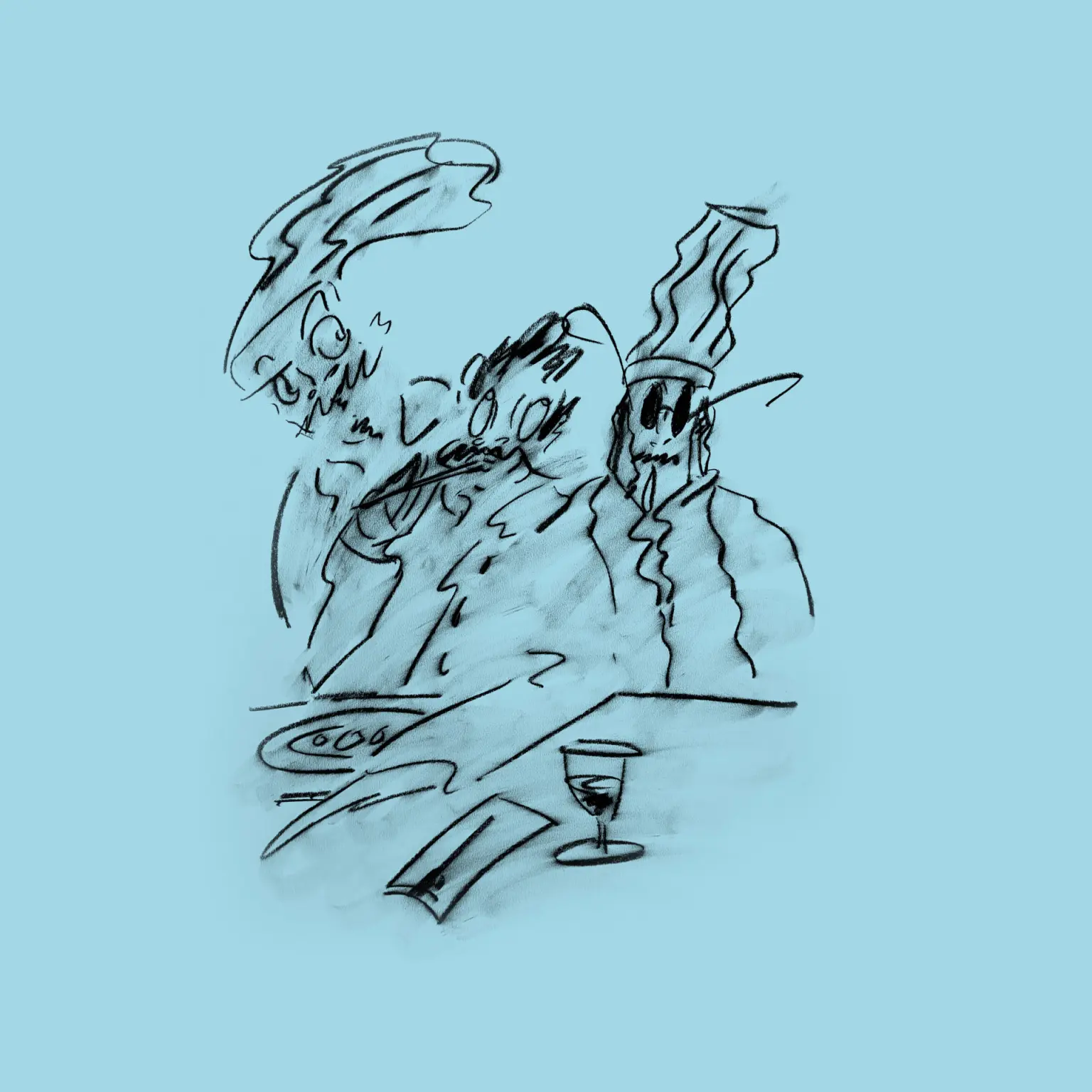
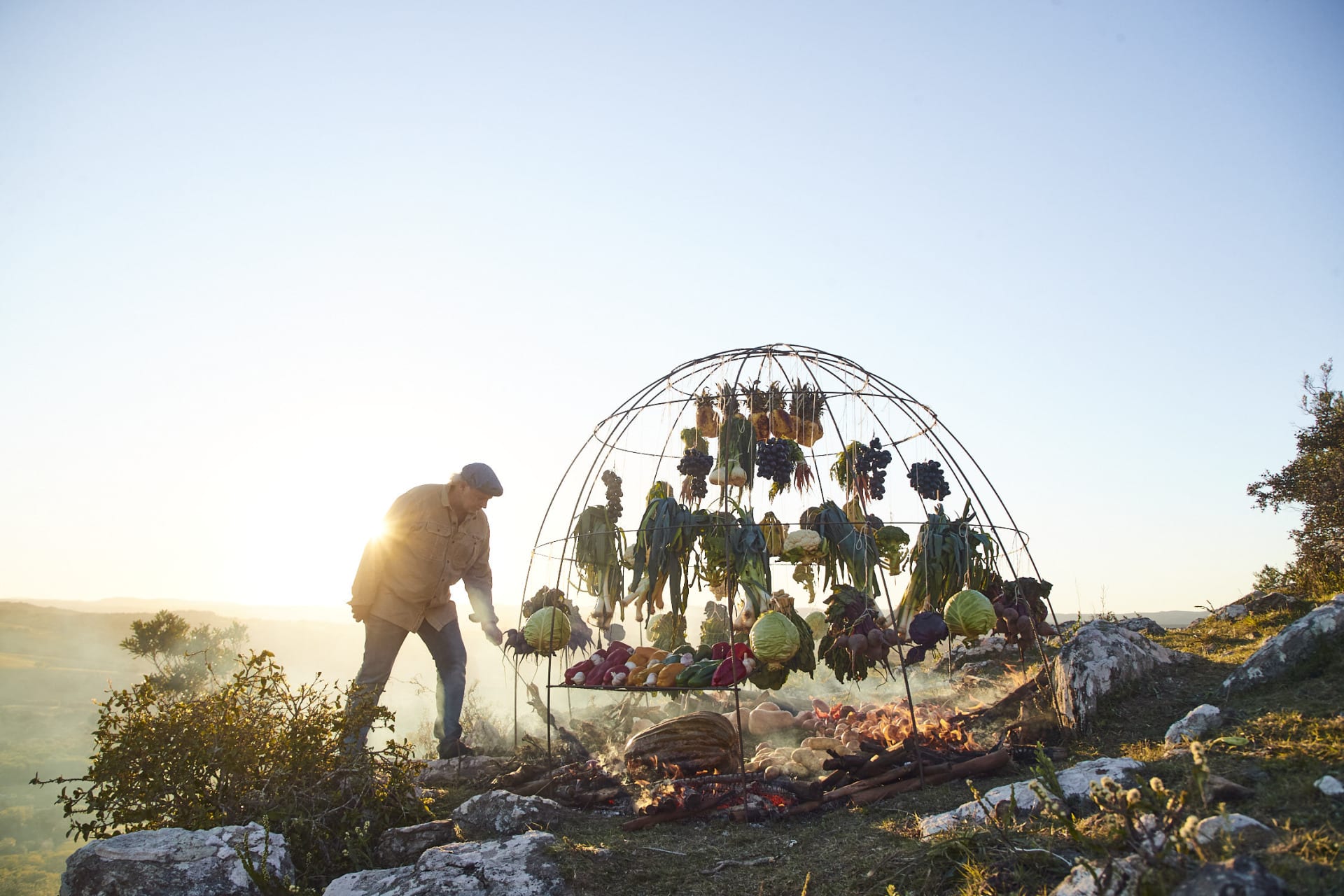
What music do you enjoy listening to in these moments?
It’s quite eclectic. Lately, I’ve been listening to Beethoven’s symphonies and piano concertos. I love César Franck and Bartók but I am bored of Vivaldi. I love opera, but I enjoy rock too, and Argentine music from time to time. When I’m working, drawing, or sewing, I like classical music. And if I have to do something lighter, I would put on Brazilian or Italian songs. I have a huge collection of very old French records from the 1950s.
Which poets do you return to?
I enjoy W H Auden, T S Eliot, and Robert Desnos. I love all the Russian poets. I studied them a lot. I find that they can come together with a singular voice. It’s a desperation of sadness. They have an incredible sadness. I am a happy person but drama is the engine of the world’s stories. You can write a happy poem, but it’s a bit obvious or dull. The most beautiful things emerge from drama, adversity, or trouble. They are ingredients of life that we must learn to be friends with. We have to embrace them. They sleep with us every night in our beds and we wake up with them on some mornings. People tend to dislike their troubles but I think we need to simply try to understand them.
What type of meal do you enjoy these days?
I never go to a grand restaurant. I like the simple places. I can’t stand the big, fancy places. I recently had an incredible lunch in New York at a little place called Mary’s Fish Camp. It’s the lady chef who makes beautiful seafood. You have paper napkins and the food is excellent. So simple. That kind of thing, or having pasta in my wife’s [Vanina Chimeno] restaurant. One very difficult thing to do is good pasta. Maybe also lunch in Paris, at a classical restaurant I like. Kind of a happy place.
Do you often return to your favourite restaurants?
If I go to a city that I know well and there is a restaurant that makes me happy, I will always return there. I try new things but none of the fancy places. I want to be far from that; far from self-important waiters and chefs. I think our industry has become rather annoying for clients. You go to an acclaimed restaurant now and you feel like you’re in church. You’re discouraged from speaking and the chef has a level of arrogance. I was like that when I was 30, but luckily I changed over the years and it spread into my work and my private life too. Chefs should keep it simple. If you have a good product, great olive oil, immaculate sea salt, and some herbs, that’s enough—don’t overcomplicate it. The hard part is to cook them well.
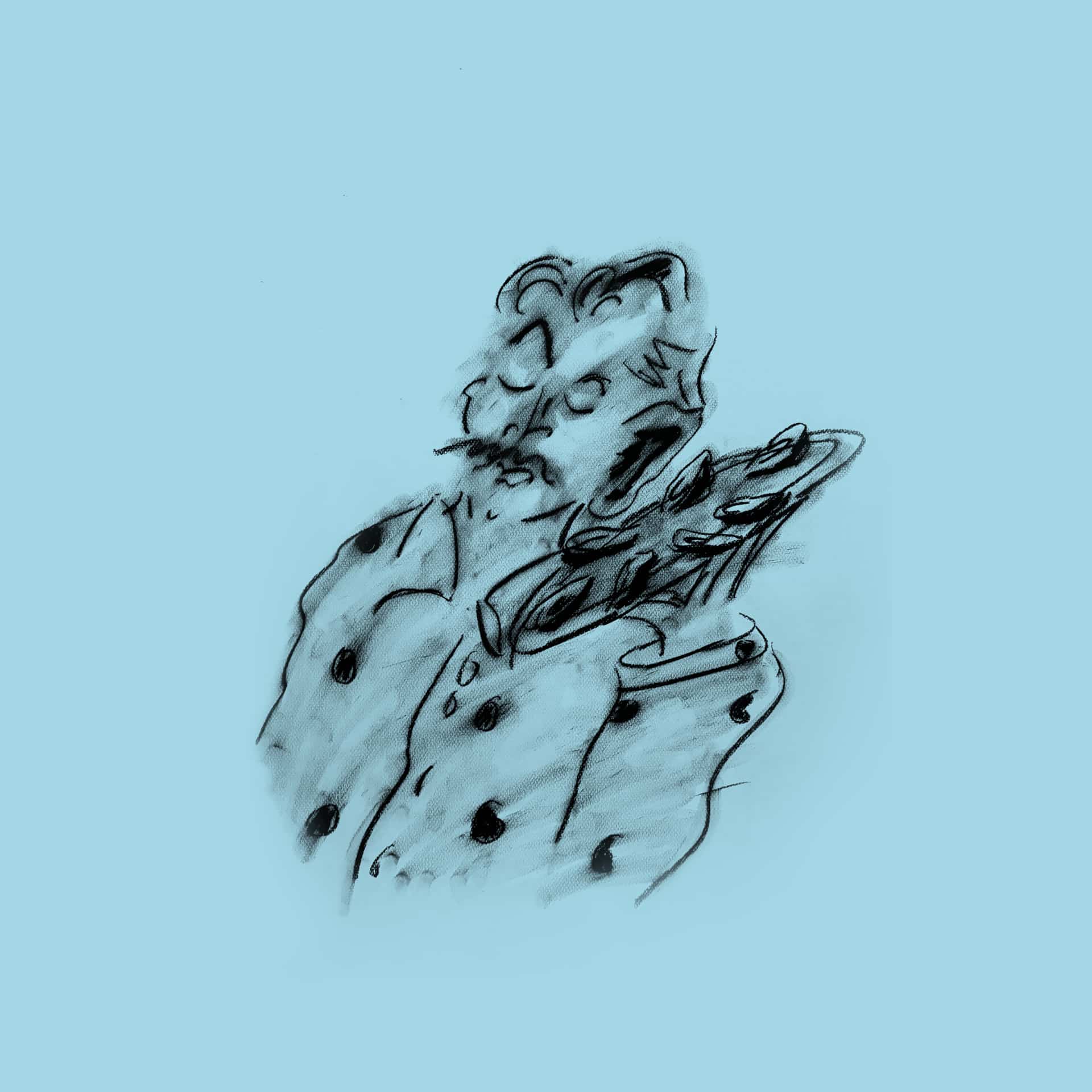
Does that come with experience?
If you look at the creative process of Picasso and Braque, together with cubism, these artists could just grab a pen and put it on a piece of paper, and make a drawing of a human being without removing the pen from the paper. But you need to know [the basics] before going into areas that are more complex. The path of growth is to know the history of classicism. Then you can become more adventurous in the things you do, but there’s no way you can begin by being adventurous. That’s what I see happening in cooking over the past decade. Chefs hire young people and train them in their molecular cooking style, but when these students finish they can’t make a steak.
Why are the basics so necessary?
There are many different islands that make up our lives. But you can’t just jump from one to the other; you have to build the bridges first. The struggle of building these bridges is so important. You don’t arrive at modernism in a single leap. Last night, I was sitting in a chair and observing my chefs at work. We had 100 people for dinner and it reminded me how much I still have to learn myself. Cooking is related to intuition. I can write books about it, but I will never be able to explain, truly, how to do it. It takes 40 years until you start learning.



